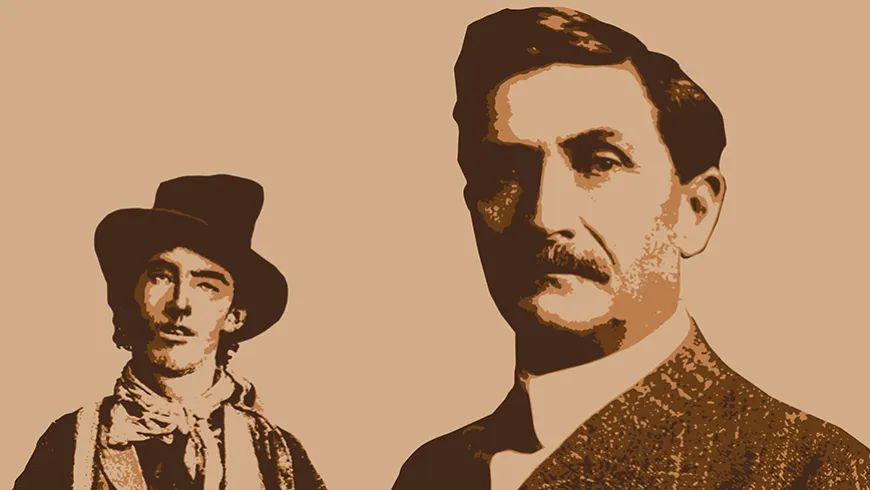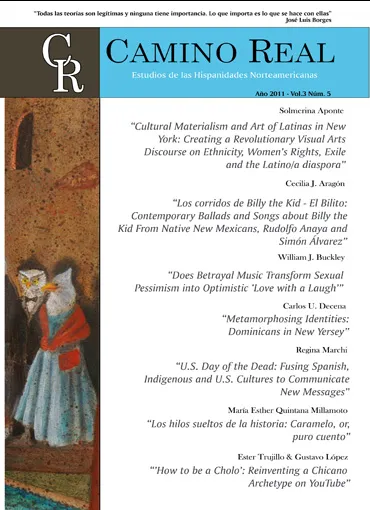
Historically, the role of a playwright or storyteller creates social narratives that are rooted in a community and function as intrinsic theatrical representations of a particular community. Plays regarding historical figures offer important clues for understanding how playwrights articulate the role of history within different cultural contexts. Rudolfo Anaya’s Billy The Kid (1994) reveals a social narrative concerning the cultural encounters on the historical figure of Billy the Kid. Anaya’s dramatic text engages in what cultural anthropologist Norman K. Denzin calls interpretive ethnography and represents the historical past of native New Mexicans. Included in the production and playscript of Anaya’s Billy the Kid are a collection of two original corridos / ballads and one canción / lyrical song written by Anaya and songwriter Simón Álvarez. The corridos and canción were a collection of songs incorporated in the world premiere production of Billy the Kid. An examination of the play, corridos, and canción as narrative illustrates that such cultural accounts of Billy the Kid or El Bilito are not just a play and songs to be performed on stage, but rather function as literary evidence of cultural encounters from Nuevo Mexicanos’ perspectives that add to the cultural mythos and historiography of Billy the Kid as el querido — El Bilito.


